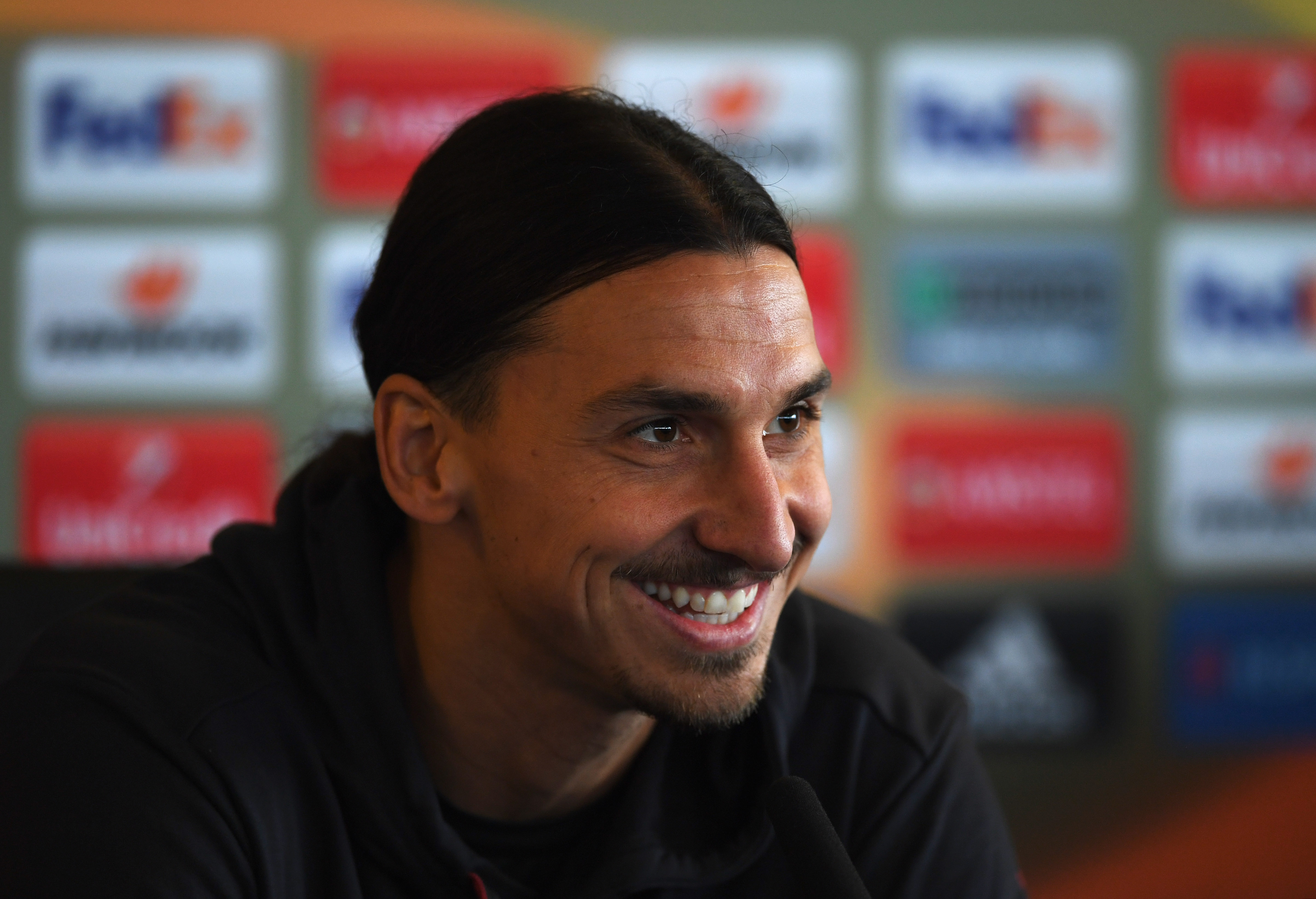How did the term free agent or Bosman deal come into play in football?

© Getty Images
Until 1995, football players were not allowed to leave clubs on free transfers until their parent club received a considerable transfer fee from the club interested in buying the player. However, the case of a Belgian midfielder named Jean-Marc Bosman changed the entire landscape of football.
When Zlatan Ibrahimovic signed for Manchester United from PSG in July 2016 on a free transfer, they did it without having to pay PSG a penny. However, the Red Devils also had to agree to a salary of nearly 1 million pounds per month for the 35-year old. Even though it was a bargain, it cost them a fortune too. Big clubs such as Real Madrid and Barcelona run around their players looking for contract extensions. There is anxiousness in the club ranks every single year when it comes to negotiations with loyal players such as Lionel Messi or Sergio Ramos. Where did this immeasurable power of dictating transfer terms come to the players and their agents? Why do clubs sweat over players' contract extensions? The answer lies in the term Bosman deal.
Back in 1990, Jean-Marc Bosman was a 25-year old Belgian midfielder who had represented Belgium's youth team more than 20 times and also captained the side in few games. However, his two-year stint with Belgian club RFC Liege did not go as planned, due to which he had to ask for a move away from the club with his contract coming to an end. During those times, players were tied down to their parent clubs until a transfer fee was agreed with the buying club.

 Jean-Marc Bosman was not allowed to leave Belgian club RFC Liege even after ending his contract leading to a legal battle against the entire federation. © © Getty Images
Jean-Marc Bosman was not allowed to leave Belgian club RFC Liege even after ending his contract leading to a legal battle against the entire federation. © © Getty ImagesDunkirk, a club in France's second tier, agreed to sign Bosman, but Liege demanded a transfer sum around 2,50,000 pounds which
For the next five years, Bosman went from one court to another with his lawyers Luc Misson and Jean-Louis Dupont, to fight the injustice done to him. Since this legal battle also involved RFC Liege along with the Belgium FA and the UEFA, Bosman was banned from professional football in Belgium and many foreign clubs also stayed away from signing the midfielder on fear of getting their hands dirty.

 Since UEFA was also dragged to court by Bosman, none of the European clubs dared to sign him permanently during his legal battle. © Getty
Since UEFA was also dragged to court by Bosman, none of the European clubs dared to sign him permanently during his legal battle. © GettyAfter several lost appeals and dead ends, Bosman went to the European Court of Justice in a final attempt to seek justice. He and his lawyers pointed out that the 1957 Treaty of Rome guaranteed every person a freedom of movement across the European Union for employment purposes. The player and his lawyers also sued the authorities on the grounds of FIFA's Article 17, which restricted players' freedom of movement.
Football would have remained a lot simpler if the court had favoured FIFA's Article 17. But to Bosman and every footballer's relief, the court placed a restraint over FIFA's rule by deeming it as a direct violation of workers' freedom of moving across Europe.
This verdict had huge consequences across European and world football. With the sudden power shift, players were now in a position to decide their own future. If they were deemed surplus by the club and the manager, they would simply see out their contract to leave on a free transfer. Sol Campbell's 2001 move from Tottenham to Arsenal, Michel Ballack's transfer from Bayern Munich to Chelsea in 2006, Robert Lewandowski's 2014 move from Borussia Dortmund to Bayern are some of the prime examples of the impact created by the Bosman verdict.

 Robert Lewandowski's free transfer from Borussia Dortmund to Bayern Munich was only possible due to the Bosman verdict of 1995. © Getty
Robert Lewandowski's free transfer from Borussia Dortmund to Bayern Munich was only possible due to the Bosman verdict of 1995. © GettyBut, this also led to the greed of money taking control of the sport. Footballers started to threaten clubs to leave on a free transfer by not extending their contracts, thus forcing an increase in their salaries. Football agents, a term relatively unknown until 1995, were hired by the players to carry out these negotiations with the clubs. Agents such as Jorge Mendes and Mino Raiola now hold a huge power in world football with their clientèle containing the elite names of Cristiano Ronaldo, Sergio Aguero, Angel Di Maria, Paul Pogba, Zlatan Ibrahimovic to name a few. According to a report by The Sweeper, UK's sports agency Stellar Group pocketed 10 million pounds for overseeing Gareth Bale's mega-transfer deal from Tottenham to Real Madrid.
The Bosman verdict also abolished a UEFA rule that prevented European clubs from fielding more than three foreign players in their starting XIs in the Champions League. The effects of this verdict were huge in English football. Before the Bosman verdict, Sir Alex Ferguson could not field Peter Schmeichel, Roy Keane, Ryan Giggs and Mark Hughes in a single Champions League since players from Ireland, Scotland and Wales were considered foreign to England clubs. But thanks to the Bosman rule, United won the 1999 Champions League with eight foreign players in their playing XI while Steven Gerrard and Jamie Carragher were the only Englishmen in Liverpool's European triumph of 2004.

 Manchester United
Manchester United This also increased the gap between the richer clubs and middle-level clubs as talented players would often see out their contracts to move to bigger clubs which offered better wage packages. And with the English clubs having the financial muscle to lure the players from across the world, we find the heavy concentration of foreign talent in the Premier League, and in turn leading to the top foreign managers at the helm of English clubs.
But the man who made all this possible, Jean-Marc Bosman lost his entire career as a result of his fight against the system. His five-year absence due to the legal battle left him in a bad shape to return to the game he dearly loved. Though he received a compensation around £300,000 in 1998, he had to battle with depression and alcoholism, never to return to the football pitch again. Bosman's intentions during his long legal battle against the system were to restore the dignity to footballers and stop the livestock trading that the clubs were doing.
But fate has taken a wicked turn with the so-called super agents, driven by their unquenchable greed for money, have turned football back into the same cattle trade of the past. Even Bosman sadly agreed that the battles he had fought for a footballer's pride have changed the modern game in ways he couldn't have imagined. In an interview with Daily Mail in 2015, the Belgian said, “When I look back, my favourite times were as a youth player. That was a happy time. Then I became professional. It was still relaxed, we’d have journalists interviewing us in the dressing room. Now there’s no contact like that. The game became about pressure and money.” Much like many other stories in history, noble sacrifices of the past have always been overlooked by the present in its hunt for power and financial gain.
